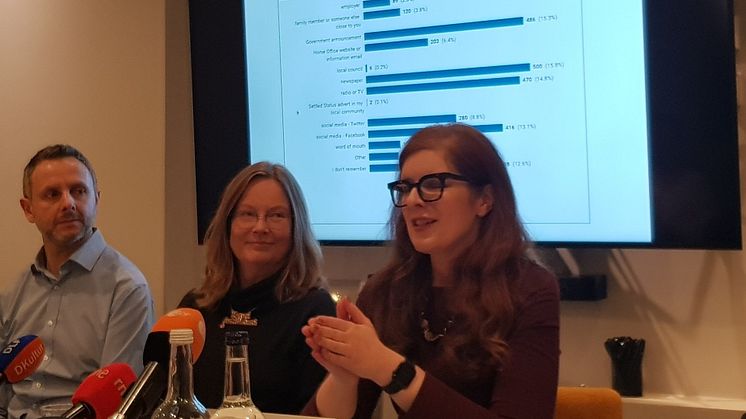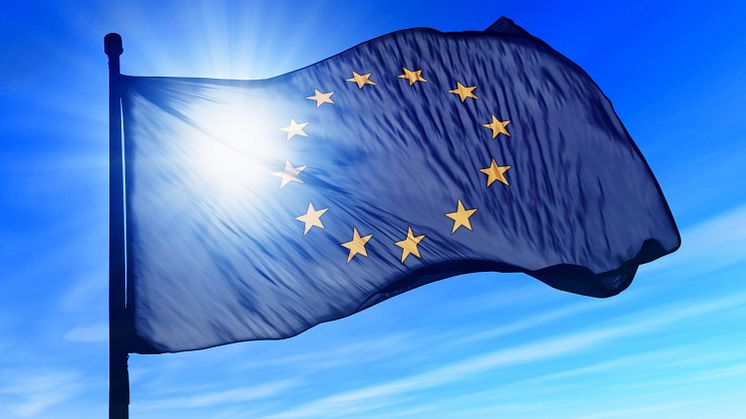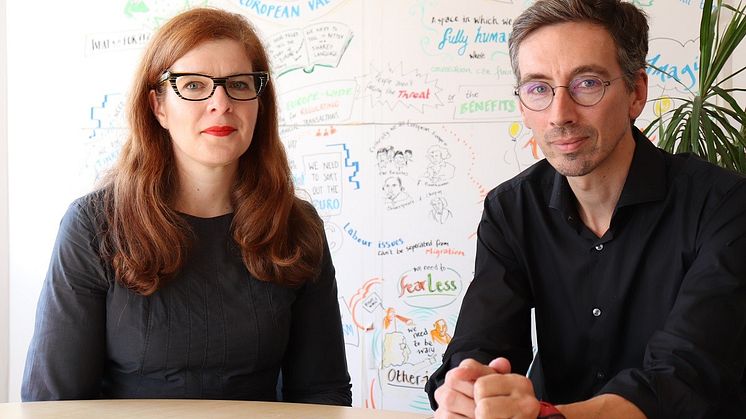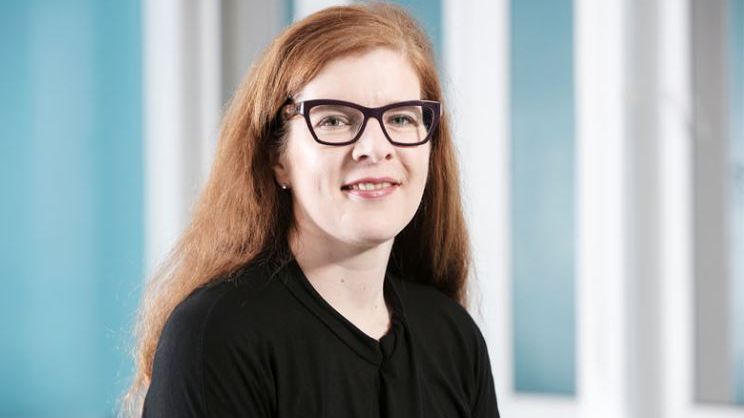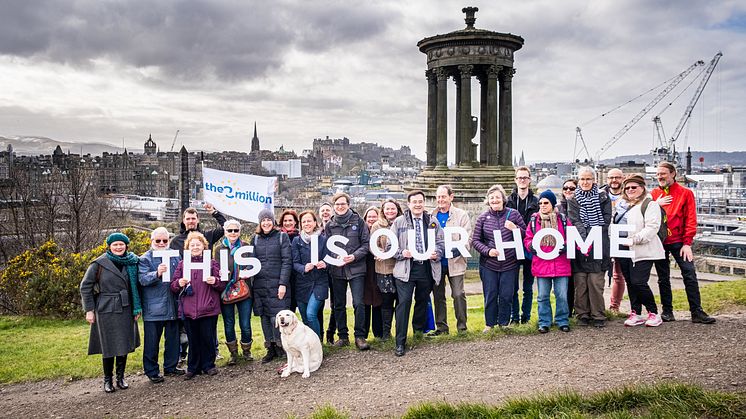
Press release -
Tour facilitates discussions about how Europeans are part of communities in the UK
Citizens’ rights campaigners working to protect the rights of EU citizens in the UK have carried out a tour of the four nations to meet community leaders and emphasise the role EU citizens play in UK life.
The This is Our Home Tour took place earlier this year and was set up in response to Brexit, which left many of the 3.6 million EU/EEA and Swiss citizens living in England, Scotland, Wales and Northern Ireland questioning whether the UK is still their home.
It was developed by the campaign group the3million in collaboration with Northumbria University’s Professor Tanja Bueltmann, who recently carried out research into the experiences of EU citizens applying for Settled Status in the UK.
Professor Bueltmann, an expert on immigrant communities, said: “When we consider EU citizens and their status, we are looking at a large group of people that, on the whole, was fully integrated in UK society.
“The EU referendum cast them out as ‘others’ and the consequences of that are now beginning to show in a real erosion of the sense of belonging among EU/EEA and Swiss citizens.
“But they do belong. They are part of, and help make, our communities all around the UK, from Cornwall to Caithness. That is why it is important to challenge these perceptions and say, ‘but this is our home’. That challenge must begin at local level directly in communities.”
The This Is Our Home Tour visited Bristol, Belfast, Edinburgh and Cardiff, and included meetings with local councils, the Scottish Government’s immigration minister and public information sessions.
Meetings were also held with the3million grassroots members, an aspect which relates closely to Professor Bueltmann’s work on the role of associations in immigrant communities.
Maike Bohn, Co-founder of the3million, said: “For the3million as an organisation working to protect the rights of EU/EEA and Swiss citizens, the tour provided a unique opportunity to engage with our members locally and to hear about their experiences in their communities.
“Given that Brexit has now happened, it is also vital that more local outreach happens to inform EU/EEA and Swiss citizens. The tour enabled us to discuss approaches and issues with community leaders and stakeholders throughout the UK—in communities large and small.”
One EU citizen who attended the Edinburgh tour event said: “It was great to meet some of the main people behind the3million during the tour. As a local member, better understanding the group and a closer connection to the people is important to me.
“It was very nice to be able to talk to the3million as well as some other EU citizens who’ve made Edinburgh their home like me. Building networks is good as we are still faced with many challenges.”
The Settled Status survey took place in December last year and had 3,000 respondents, making it the largest survey of the EU Settlement Scheme to date.
The survey findings were published in January, as Professor Bueltmann explains: “The survey revealed there has been a real rupture, the breaking of a bond, for many EU/EEA and Swiss citizens as a result of them having to apply to stay.
“Of those who have already applied for Settled Status, for example, nearly 80% ‘strongly disagree’ or ‘disagree’ that having to apply made them feel still at home in the UK.
“One person described how after living in the UK for 30 years they were fully integrated and part of the society. They believed they would spend the rest of their life in the UK, a country they loved and a culture they embraced. But now they are no longer feeling at home.
“That such feelings developed is not surprising given the narrative that has been established since 2016: that EU/EEA and Swiss citizens are a burden to the UK and cause harm by taking benefits, jobs or housing.
“Evidence documents clearly that this is not the case, and the COVID19 crisis shows us clearer than perhaps ever before how much the UK needs immigrants who have chosen to make their home here.”
Find out more about Professor Bueltmann’s research.
Topics
Categories
Northumbria is a research-rich, business-focused, professional university with a global reputation for academic excellence. Find out more about us at www.northumbria.ac.uk
Please contact our Media and Communications team at media.communications@northumbria.ac.uk or call +44 (0)191 227 4604 with any media enquiries or interview requests







